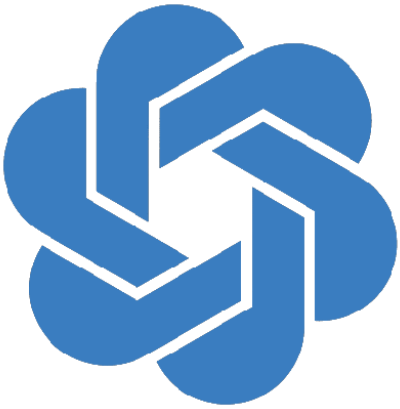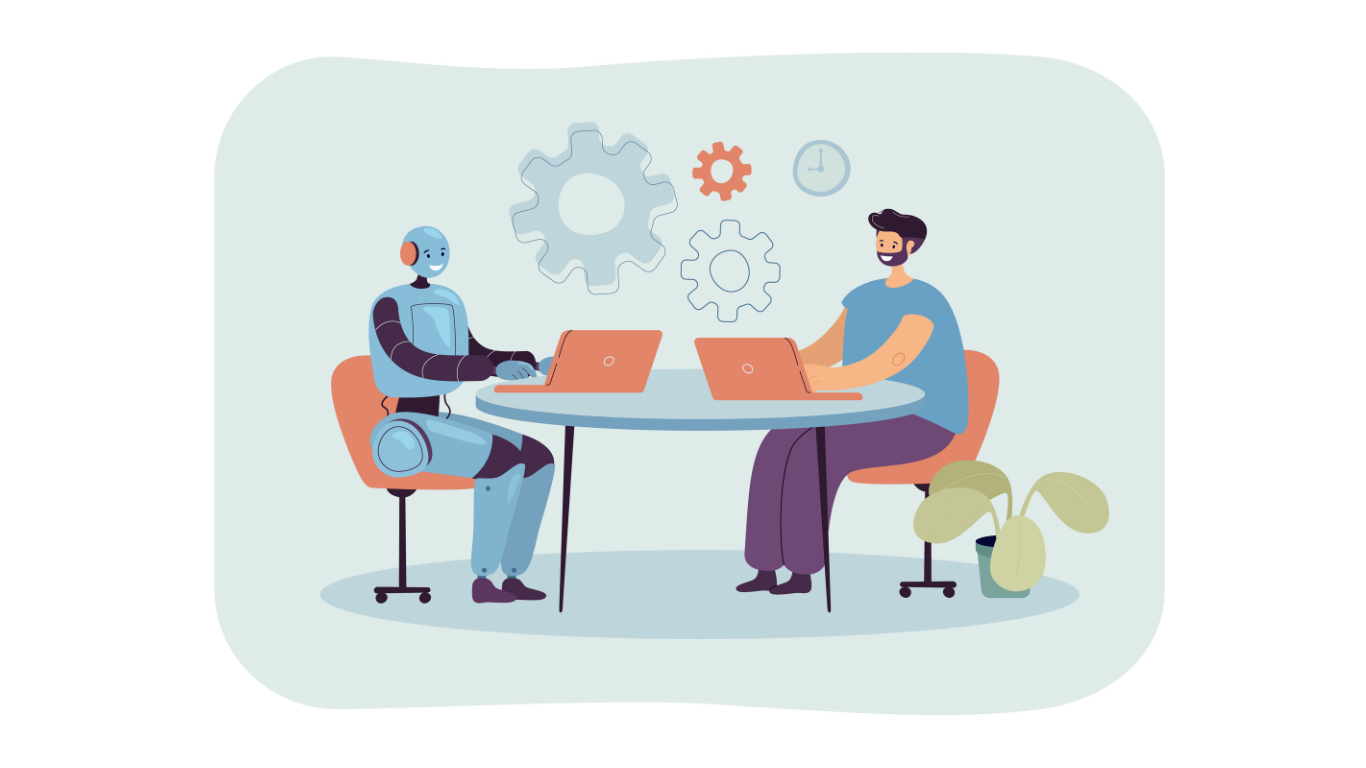ChatGPT, a groundbreaking language tool, captures attention by mimicking human conversation, generating creative content, and facilitating language translation. Concerns arise with the statement “ChatGPT Will Destabilize White Collar Work,” which makes people worry it might change regular office jobs. However, there’s a growing belief that ChatGPT could also be a collaborative partner, ushering in a new era of productivity and innovation. This discussion delves into the potential for disruption in white-collar work, the areas where ChatGPT could automate tasks, and the broader implications for the future of work.
Exploring the Possibility of Big Changes
- Content Creation: ChatGPT’s fluency and speed make it a formidable force in automating content creation tasks. From crafting marketing copy and social media posts to generating reports and financial summaries, the technology could pose a threat to certain content creation jobs. The efficiency and precision with which ChatGPT operates may redefine the landscape of creative roles within organizations.
- Customer Service: The envisioning of AI-powered chatbots handling basic customer inquiries presents a scenario where human agents are freed up for more complex issues. This automation could impact roles in customer service, call centers, and technical support, potentially changing the dynamics of human-AI interaction in these areas.
- Data Analysis: While not replacing data analysts entirely, ChatGPT’s capacity to automate routine tasks like data cleaning and preliminary analysis has the potential to reshape the role of human analysts. This shift could enable analysts to focus more on interpretation and deriving strategic insights from data, rather than being heavily involved in the initial stages of data processing.
- Legal Research: Legal professionals often dedicate substantial time to document review and research. ChatGPT’s ability to sift through vast amounts of legal documents could automate these processes, influencing the roles of paralegals and research assistants. This, in turn, might reshape how legal professionals approach their tasks, emphasizing higher-level analysis and interpretation.
Beyond Automation: Opportunities for Collaboration
While the potential for automation is significant, it’s crucial to recognize that ChatGPT also presents opportunities for collaboration and augmentation in the white-collar sector.
- Enhanced Productivity: Imagine completing repetitive tasks like formatting reports or creating presentations in a fraction of the time with ChatGPT’s assistance. This can free up valuable time for more creative and strategic endeavors, allowing human workers to focus on tasks that require critical thinking and innovation.
- Personalized Learning: ChatGPT’s ability to tailor information delivery to individual needs could revolutionize training programs and learning materials. The technology has the potential to boost employee engagement and knowledge retention by providing personalized learning experiences.
- Increased Creativity: While ChatGPT can generate creative content, it lacks the human touch. Its role could be to provide initial ideas and inspiration, sparking human creativity and pushing the boundaries of innovation. Human-AI collaboration may lead to the creation of truly unique and groundbreaking solutions.
- Global Collaboration: Language barriers often hinder communication and collaboration in global workplaces. ChatGPT’s translation capabilities can bridge these gaps, fostering seamless interaction and international teamwork. This not only enhances efficiency but also promotes a more inclusive and interconnected work environment.
The Future of Work: Embracing Collaboration
Instead of solely fearing disruption, there is merit in considering a future where humans and AI collaborate synergistically. Jobs might evolve, necessitating new skillsets that complement AI capabilities.
Critical Thinking and Decision-Making: Evaluating AI-generated insights and making informed decisions based on human judgment and experience will be crucial in the evolving landscape of work. The ability to critically assess AI outputs and apply human reasoning is a skillset that will gain prominence.
Collaboration and Communication: Effectively working with AI teammates and utilizing technology to foster communication across diverse teams will be essential. Human-AI collaboration requires a nuanced understanding of how to integrate these technologies into existing workflows seamlessly.
Adaptability and Lifelong Learning: As technology evolves, the ability to learn new skills and adapt to changing landscapes will be key to success. Continuous learning becomes a cornerstone, ensuring that individuals stay relevant and capable of navigating the evolving demands of their roles.
Preparing for the Shift: Strategies for Individuals and Organizations
As the white-collar sector braces for potential shifts brought about by ChatGPT and similar AI tools, there are strategic approaches that individuals and organizations can adopt to navigate this transformative landscape.
- Develop AI Literacy: Understanding how AI works and its capabilities is crucial for informed decision-making and collaboration. AI literacy empowers individuals to harness the potential of these technologies while being aware of their limitations.
- Reskill and Upskill: Focusing on developing skills that complement AI, such as critical thinking, creativity, and emotional intelligence, can position individuals for success in the evolving job market. These skills not only enhance collaboration with AI but also contribute to the overall adaptability of the workforce.
- Embrace Continuous Learning: Staying updated on AI advancements and being ready to adapt and learn new skills throughout one’s career is imperative. The rapid pace of technological change demands a commitment to continuous learning to remain competitive in the job market.
- Invest in Responsible AI Development and Implementation: Organizations play a pivotal role in shaping the impact of AI on white-collar work. Ensuring the ethical and responsible use of AI, considering issues of bias, transparency, and potential job displacement, is essential. Responsible AI development contributes to a work environment that balances technological progress with ethical considerations.
Conclusion
ChatGPT and similar AI tools are undoubtedly transformative forces. While they might disrupt some white-collar roles, they also hold immense potential for collaboration and innovation. By embracing continuous learning, adapting our skillsets, and fostering responsible AI development, we can navigate this future of work, not as fearful bystanders, but as empowered collaborators in a constantly evolving landscape. Remember, the future is not about humans versus machines, but about humans and machines working together to create a more productive, efficient, and innovative world.
Frequently Asked Questions
Will ChatGPT take my job?
ChatGPT’s potential to automate certain tasks exists, but it’s unlikely to completely replace entire jobs. Instead, it will likely shift skill requirements and necessitate adaptation. Focus on developing critical thinking, creativity, and collaboration skills to complement AI and thrive in the evolving landscape.
How can I use ChatGPT to my advantage?
See ChatGPT as a productivity booster and creative collaborator. Use it for repetitive tasks like data cleaning, generating initial content drafts, or translation. Leverage its insights to spark creative ideas, but remember the human touch remains irreplaceable.
What skills will be important in the future of work?
Critical thinking, decision-making, adaptability, lifelong learning, collaboration, and communication are key. Additionally, ethical awareness of AI and its responsible use will be crucial.
How can I prepare for the future of work?
Stay updated on AI advancements, develop the skills mentioned above, and embrace continuous learning. Explore online courses, workshops, and certifications to stay ahead of the curve.
Will AI create more jobs than it eliminates?
The exact impact is difficult to predict, but AI is likely to create new industries and job opportunities alongside potential displacement in certain sectors. The key is to be adaptable and embrace lifelong learning to navigate the changing landscape.

